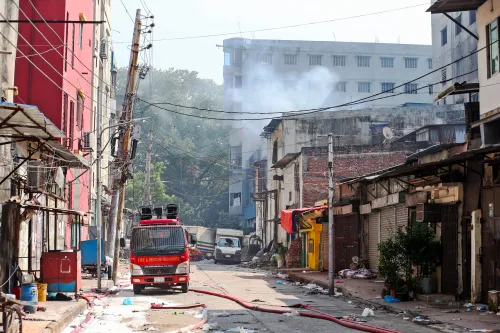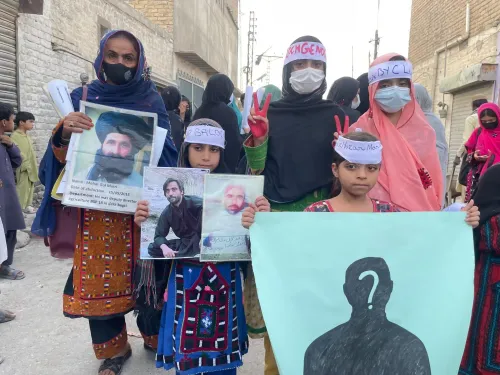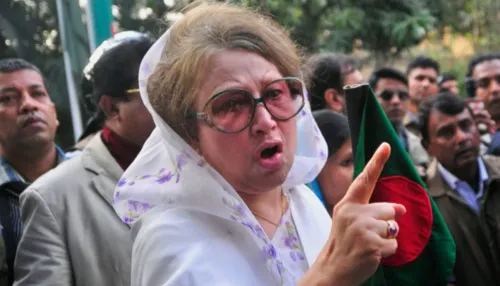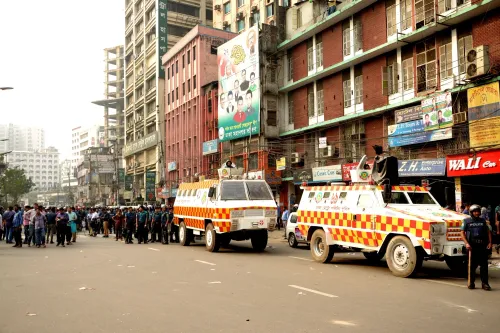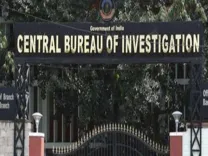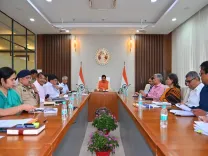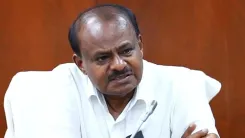Is Satyajit Ray's Ancestral Home Facing Demolition in Bangladesh?
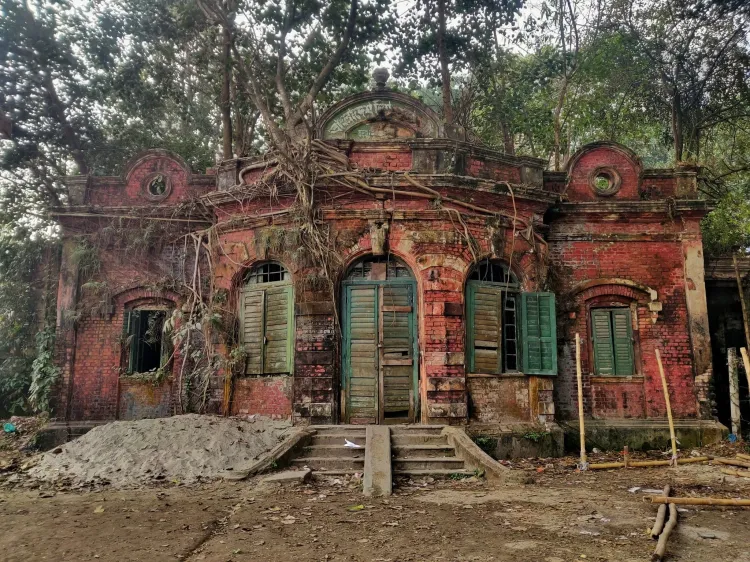
Synopsis
Key Takeaways
- The ancestral home of Satyajit Ray is being demolished in Dhaka.
- Local residents are concerned about the loss of cultural heritage.
- Authorities insist the demolition has received necessary approvals.
- Experts warn this reflects a broader trend of erasing historical legacies.
- The site was once home to significant literary figures.
Dhaka, July 15 (NationPress) In a troubling turn of events that highlights increasing social intolerance in Bangladesh, the ancestral residence of legendary filmmaker Satyajit Ray in Dhaka is set to be demolished to pave the way for a new semi-concrete building, as reported by local media on Tuesday.
Situated on Horikishore Ray Chowdhury Road in the city, this century-old residence was once home to distinguished author Upendra Kishore Ray Chowdhury, the father of the renowned poet Sukumar Ray and the grandfather of Satyajit Ray.
A new semi-concrete facility comprising multiple rooms is slated for construction to accommodate a Shishu Academy at this historically significant site, according to the country's leading newspaper, Daily Star.
Local residents have voiced their concerns about this decision, warning that the demolition will erase the legacy of the Ray family in Mymensingh city.
Despite this, authorities maintain that the demolition is proceeding according to established procedures and has received the necessary approvals.
Officials from Dhaka's Department of Archeology concurred that the site is an archaeological treasure, yet their repeated appeals to safeguard the building have gone unheeded.
Satyajit Ray is celebrated as one of the most esteemed filmmakers in global cinema, influencing a generation of directors, including Martin Scorsese, known for films like Taxi Driver, Raging Bull, The Departed, and Shutter Island.
In April, a mob of extremists destroyed the Martyred Intellectuals Memorial in Dhaka's Mirpur area, a monument symbolizing the genocide perpetrated by the Pakistan Army during Bangladesh's Liberation War.
As footage of the demolition circulated widely, many Bangladeshis took to social media to condemn this act, which highlights the lawlessness under the interim government led by Yunus.
Experts view this demolition as an affront to the martyrs and a component of the government’s appeasement strategy toward Pakistan.
The memorial in Mirpur honored the individuals who sacrificed their lives for the nation's independence during the conflict with Pakistan.
In a similar instance, the mural at the Liberation War Memorial Mancha in Lalmonirhat was also dismantled under the direction of the Yunus-led interim government in March.
This mural depicted key moments from the 1950s language movement, the historic March 7 speech, the War of Independence, the formation of the Mujibnagar government, and the 1971 genocide by Pakistan, among other significant events.
The Dhaka South City Corporation (DSCC) has also renamed various roads and structures previously dedicated to Bangabandhu Sheikh Mujibur Rahman and other Awami League leaders. Notably, Bangabandhu Avenue was renamed Shaheed Abrar Fahad Avenue, as per an order from the DSCC.
Since the Yunus government assumed power in August 2024, following the fall of the Awami League government led by former Prime Minister Sheikh Hasina, approximately 1500 sculptures, murals, and memorials have been vandalized, destroyed, or removed across the nation.

